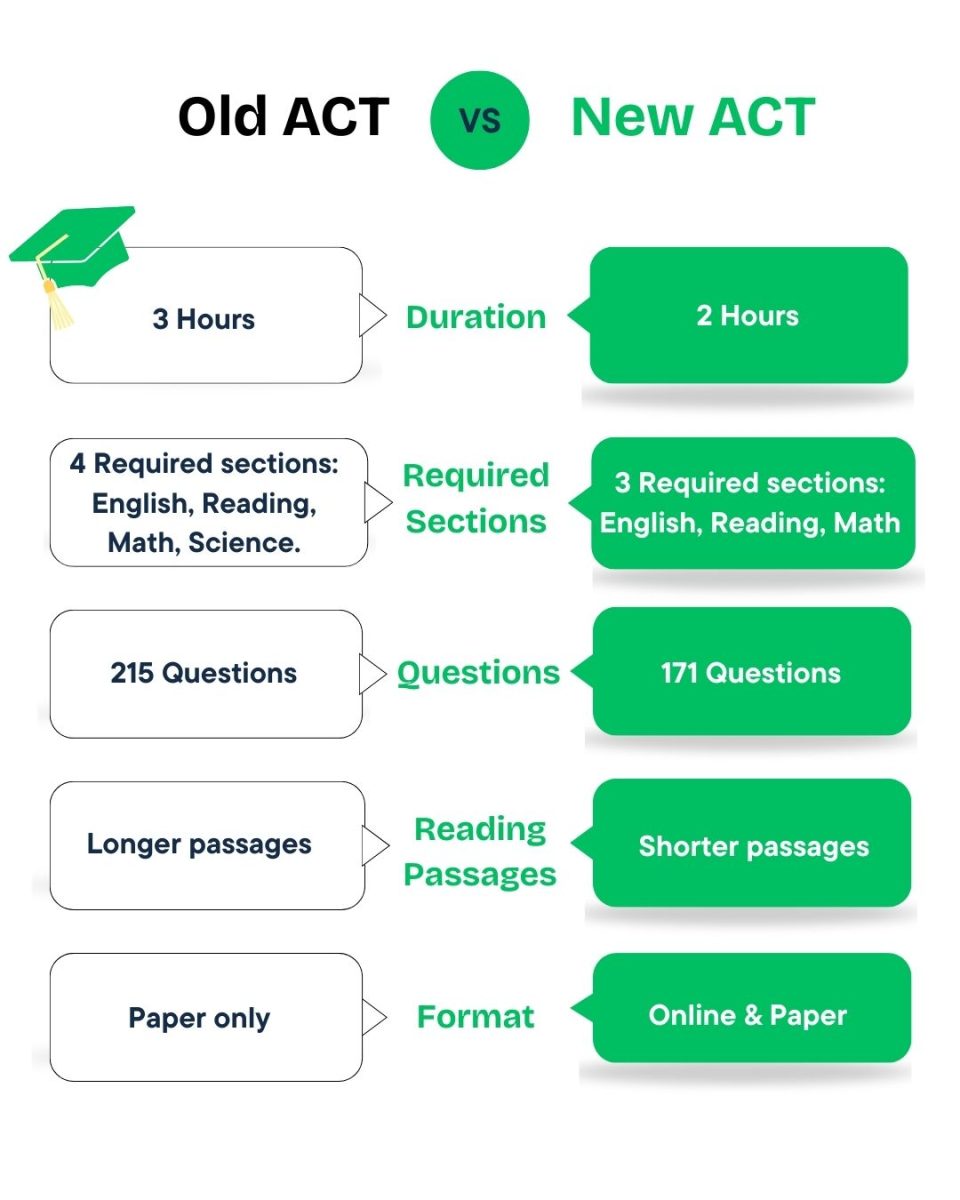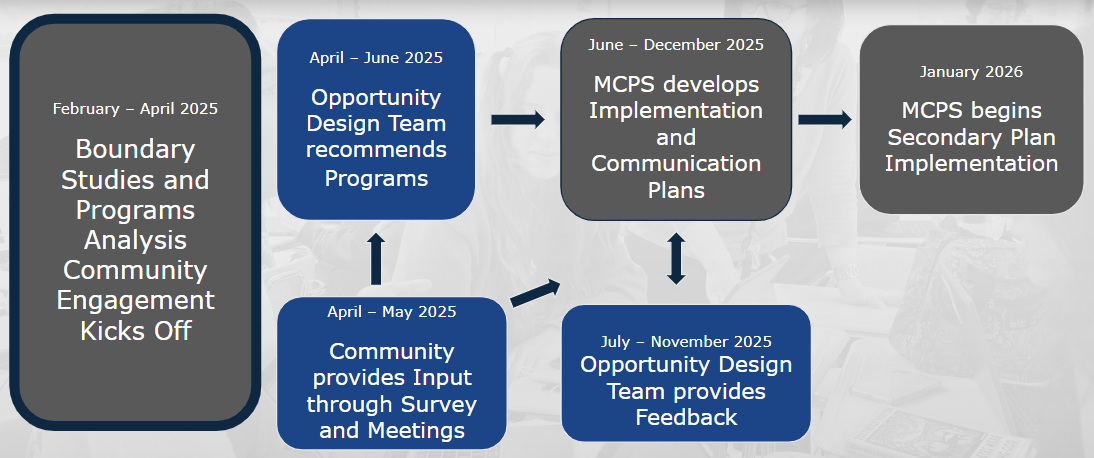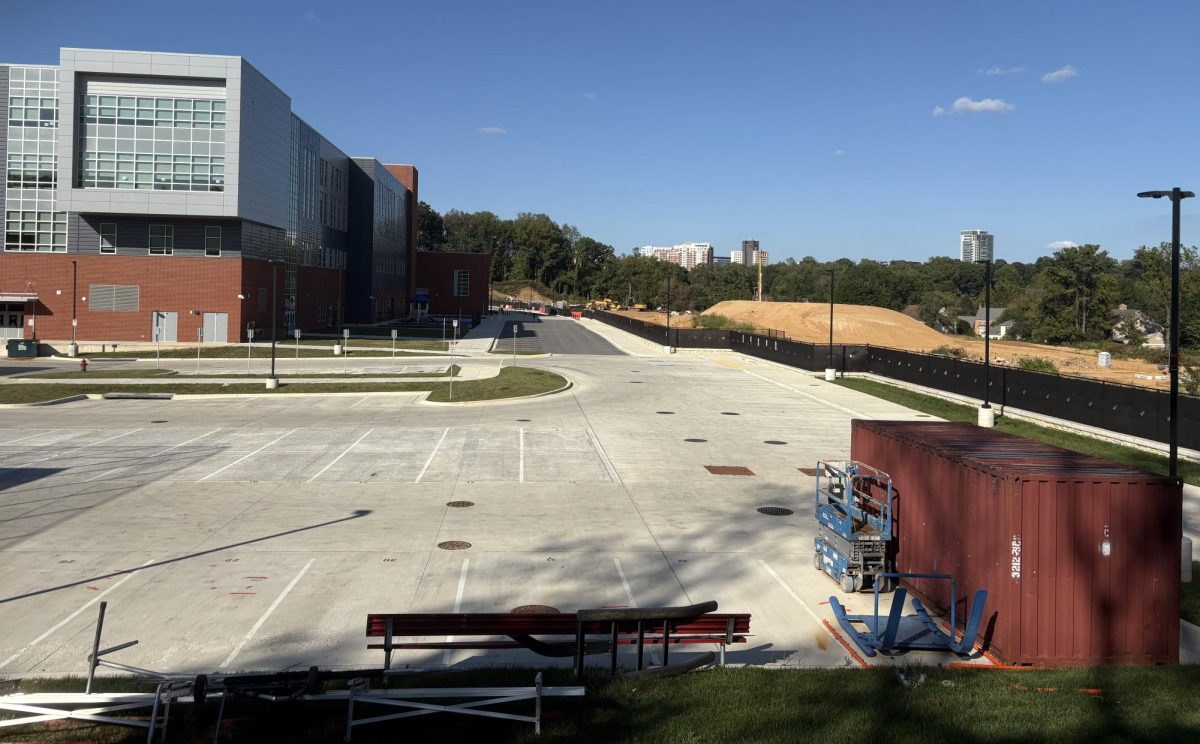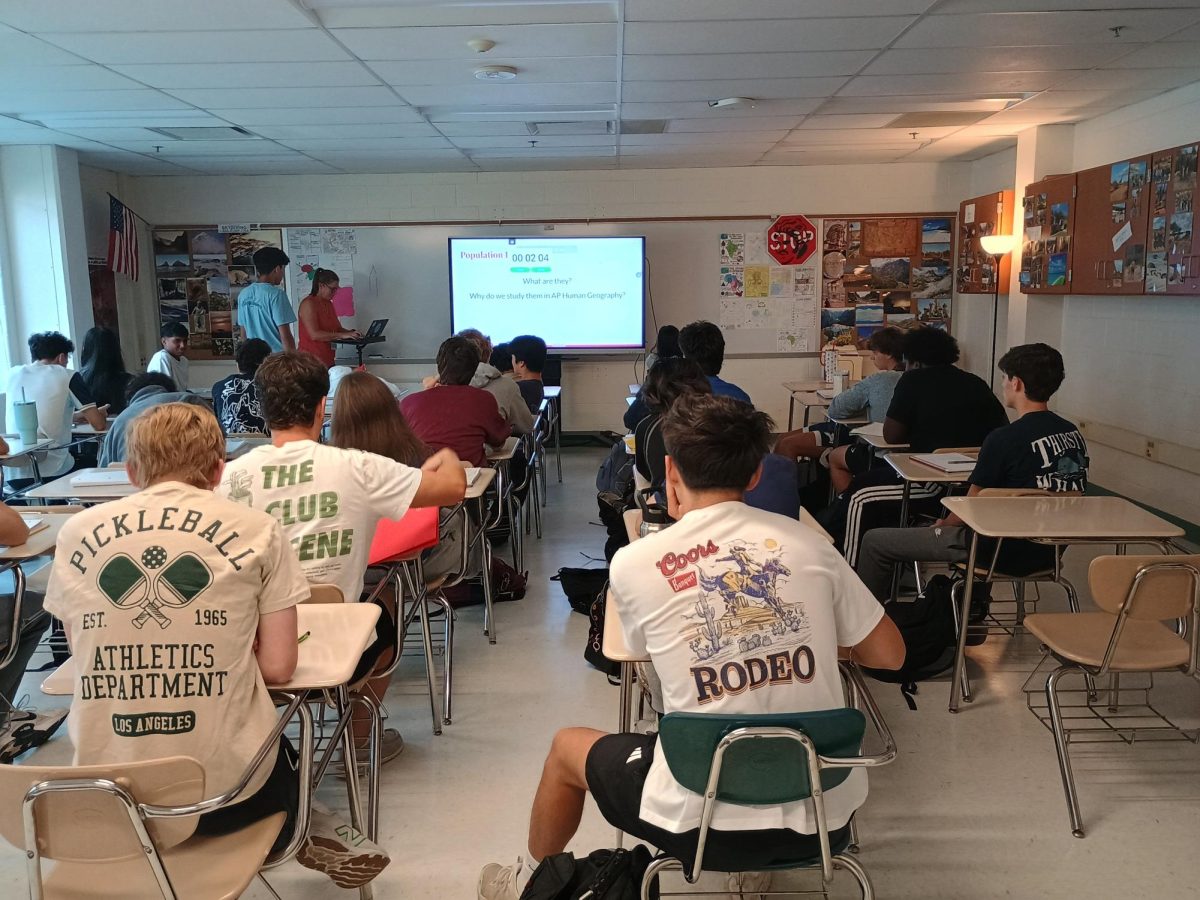The Maryland Integrated Science Assessment (MISA), once an overlooked state assessment, is having a major impact on biology students’ grades for the first time ever. Freshmen, who comprise most of the students enrolled in biology classes at WJ, have mixed reactions.
Beginning in 2021, the MISA was instituted as a Maryland high school graduation requirement designed to meet Maryland’s Next Generation Science Standards (NGSS). At WJ, it is commonplace for APEX, honors and on-level biology students to take the Life Science MISA toward the end of their biology course.
While this pattern has continued, there has also been a major change: for the first year ever, students’ semester grade will be affected by their score on the MISA.
“This freshman class is the first class to be affected by the new grading policy for the MISA. The way that it now works is that [students’ semester two grade] is 40% quarter three grades, 40% quarter four grades, and 20% the MISA,” biology teacher Jessica Wung said.
With this new policy, the MISA acts like a biology final exam as it tests students on the main topics covered in all biology classes such as cell structure, inheritance, organisms in ecosystems, natural selection and evolution.
Therefore, many biology teachers approached the MISA with the seriousness that they would approach a final exam and devoted class time to preparing their students with practice quizzes. Many students are optimistic about their performance.
“I think I did pretty well on the MISA. The questions and prompts weren’t too difficult. I believe that the school prepared us well for the exam,” freshman Parker Kim said.
For some students, the MISA won’t affect their semester grade as the work they’ve done on other assignments in biology has brought their grade up to a desirable standard.
“I think that the MISA went pretty well [and] the way that we talked about the test leading up to it was much scarier and more stressful than the test itself. I actually do think that the MISA could help my grade and other people’s grades because I think most people will get an A or B, so the MISA will boost it up,” freshman Reemey Ghermay said.
But for others, the MISA could have a great impact.
“I feel somewhat mixed about the MISA affecting 20% of our grades. Because of my grades, the MISA personally won’t help me in any way, but it does have the chance to hurt my final grade,” Kim said.
The possible impact of the MISA brings up another hotly debated question about standardized testing: is it truly the best measure of student knowledge or can alternatives be utilized?
“I think that having one test affect our grade and our GPA so much is unfair to people who are doing really well in the class and know the content, but get a worse test grade because they are not good at taking long standardized tests,” Ghermay said.
It is unclear if this MISA grading policy will continue for years to come or if similar policies will be incorporated into other subjects. The state may make changes to the policy based on feedback from schools and student grades.
“It would definitely make the test less stressful if they lowered the weight of the test,” Kim said.














